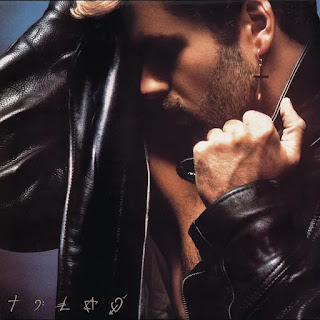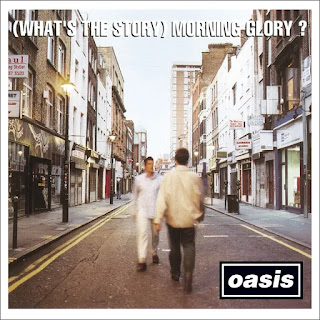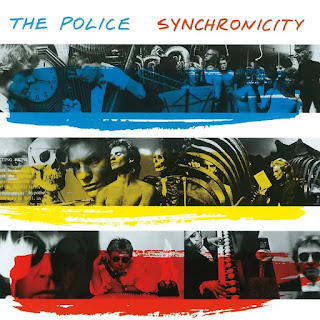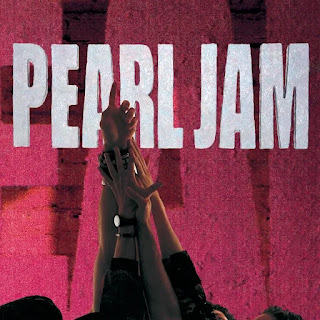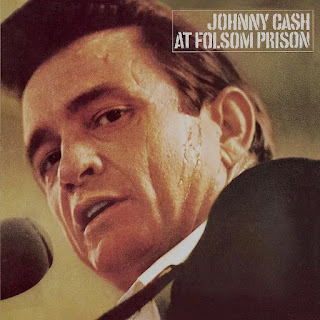148. Frank Ocean, "Channel Orange"
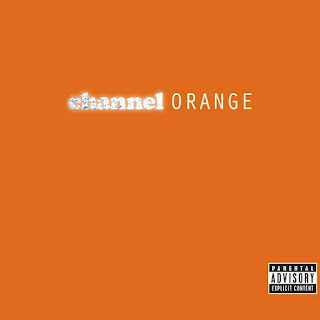
I can see how great this album is but it just didn't do much for me, how's that for a boring take? Frank Ocean's debut studio album, this has been hailed as " a masterful, dynamic and evocative collection of conversations between his inner-self and the listener " and was the best-reviewed album of 2012 . I wanted to like this album so, so much, but it left me cold. It is cold, for one thing; the production is often chilly and stark, and the themes tend towards the dark. Ocean (he legally changed his name in 2015) was originally from New Orleans, but moved to LA in 2006. Rich kids obviously made a big impression on him! From "Sweet Life:" You've had a landscaper and a house keeper since you were born The starshine always kept you warm So why see the world, when you got the beach? Don't know why see the world, when you got the beach The sweet life In fact, there's a whole song about this! One of the best songs on the album, "Super


